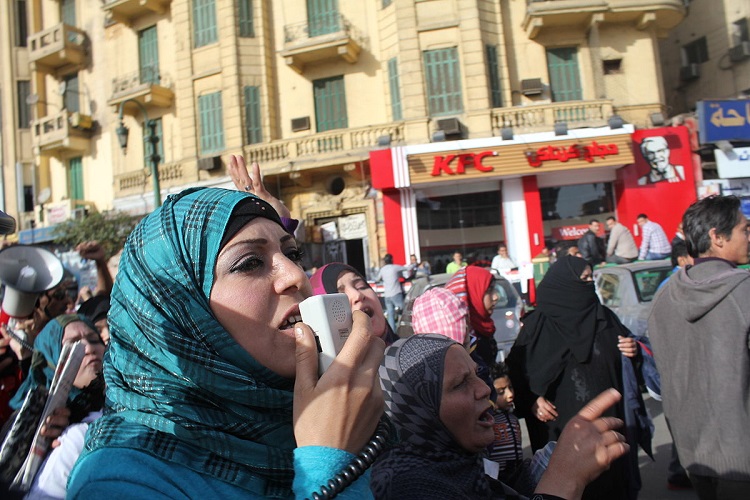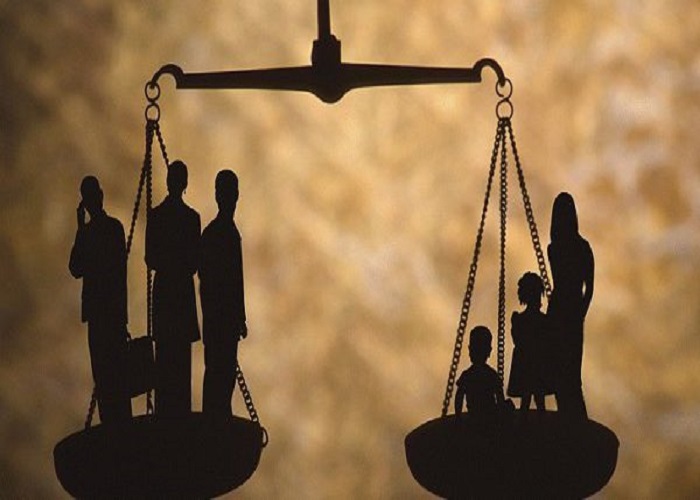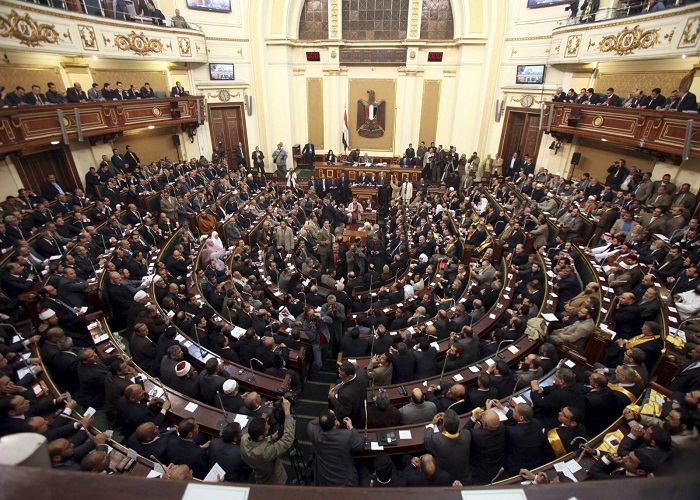On concept and practices of citizenship after the 2011 Egyptian Revolution and its impact on Strengthening Women’s rights
Arab Forum for Alternativesembeddoc url=”https://www.afalebanon.org/app/uploads/2018/02/On_concept_and_practices_of_citizenship_after_the_2011_Egyptian_Revolution_and_its_impact_on_Strengthening_WomenCus_rights.pdf” download=”all” viewer=”google” text=”Download”] Arab forum for alternatives organized a project on the concept and practices of citizenship after the 2011 Egyptian Revolution and its impact on Strengthening Women’s rights, in partnership with Arab forum for citizenship in Transition, and International Peace Institute. The project aims to come up with policy recommendations on specific issues such as citizenship and political and civil rights, citizenship and economic and social rights, citizenship and civil society, religious institutions and the discourse of citizenship. The following are executive summaries of the policy papers: Women and citizenship: reading the religious capital:…










